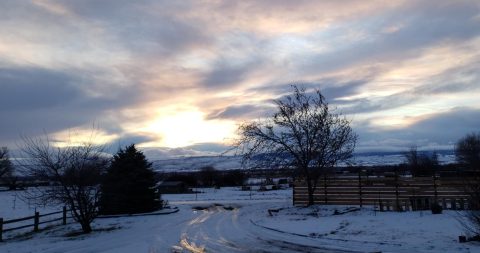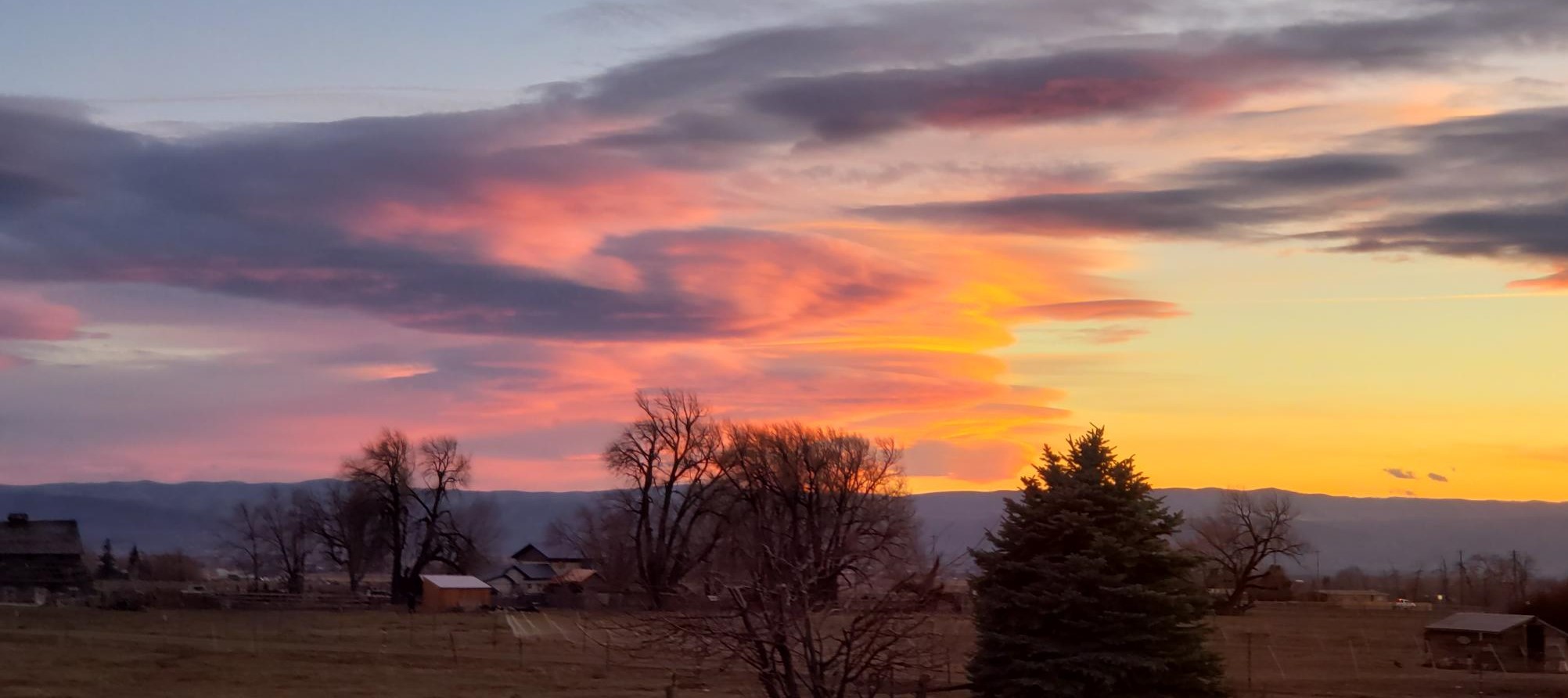Well, I’m on day ten of drinking tea instead of coffee to see if it would affect the burgeoning joint pain in my fingers. I decided to try this because my mother has some bad joint deformity in her fingers at 81 years old, and I noticed that my pointer finger knuckle was looking like it was about to take the same journey. I can’t say I have pain necessarily, just some swelling and tenderness if I squeeze it. I am not giving up caffeine, just the coffee. However I estimate I’ve gone from 500 mg of caffeine a day to about 150 mg, which is the equivalent of about 1 cup of brewed coffee.
So on day ten I’m about to throw in the towel, because I’m not noticing one bit of difference in my hands. I did a blood test last year that didn’t show any inflammation from coffee, but I know not all inflammatory markers are measured in every test so I did the elimination to see if it made a difference. Coffee is listed for exclusion on autoimmune protocols, and since I know I can’t consume nightshades, gluten or dairy I figured it would be worth a try.
I haven’t noticed any improvement in sleep and I mostly just feel more tired at the end of the day. My digestion is the same. No miracle skin improvement or energy boosts. For the most part I’m just sad because I can’t have my coffee. I don’t like tea and half the time it upsets my stomach. Therefore in the spirit of not depriving myself further joy, I’m going back on the juice! Upside is I’ve greatly decreased the amount of caffeine I have to have, so I’m going to stick to just one cup (12oz size) of the magical java daily for now.

